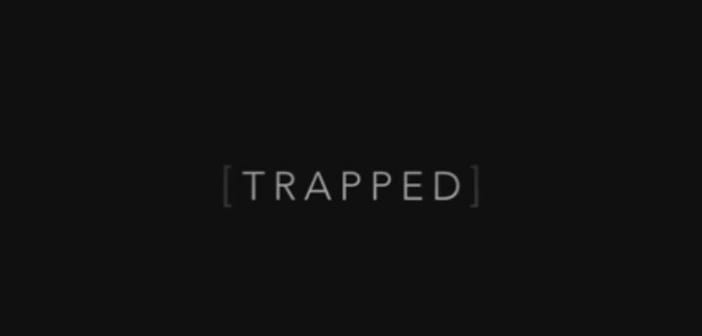A recently-released documentary by anti-Life filmmakers focuses on the realities of increasing Pro-Life legislation in the South. The makers of Trapped studied the states of Mississippi, Texas, and Alabama, examining the Pro-Life legislation they refer to as “TRAP” laws. The acronym stands for “targeted regulation of abortion providers” – a rhetorical device designed to cast abortionists as victims of Pro-Life legislation, when in reality abortionists are the perpetrators of untold barbarism on preborn children and their mothers.
So-called “TRAP” laws include requiring abortion mills to meet the same health and safety standards as all other surgical centers, requiring abortionists to have hospital admitting privileges, and requiring abortionists to follow FDA drug protocol when committing medical abortions. Abortion crusaders consider Texas’s Pro-Life Omnibus Bill, House Bill 2, one of the most impactful TRAP laws on record.
Like much anti-Life rhetoric, Trapped is predicated on the assumption that state-level Pro-Life laws are passed in a legislative vacuum without the enthusiastic support of voters and taxpayers. Producer Marilyn Ness tells an interviewer from Beyond Cinema Magazine that, being from New York (where abortion is ubiquitous and rates are staggering), she assumed every state was like her own. Before director Dawn Porter explained the expanse of Pro-Life legislation to Ness, Ness assumed state abortion laws across the board were similar to those in New York. “I thought we had solved this riddle,” she says of her prior assumption that abortion was a relatively uncontested issue in the United States.
In a Freudian slip, the same interviewer belies the blatant contradictions which underpin the abortion movement’s position. Commenting that she believes the film will impact both men and women, the interviewer says, “It takes two to have a child, so it takes two to take one away.”
PBS, in keeping with a disturbing trend of spending taxpayer dollars on disseminating a lopsided, anti-Life message on abortion, aired Trapped on June 20. One of the stars of the documentary, Willie Parker, is a traveling abortionist in Alabama and Mississippi, where no local physicians will agree to commit abortions. Parker was the subject of an Esquire magazine profile in 2014. The profile made much ado about Parker’s self-identification as a “Christian”:
Inspired by Gandhi’s idea that the Gospel should appear to a hungry man in the form of bread, he went to work in a food pantry. But gradually, the steady stream of women with reproductive issues in his practice focused his mind… Eventually he came across the concept of “reproductive justice,” developed by black feminists who argued that the best way to raise women out of poverty is to give them control of their reproductive decisions. Finally, he had his “come to Jesus” moment and the bell rang. This would be his civil-rights struggle. He would serve women in their darkest moment of need. “The protesters say they’re opposed to abortion because they’re Christian,” Parker says. “It’s hard for them to accept that I do abortions because I’m a Christian.” He gave up obstetrics to become a full-time abortionist on the day, five years ago, that George Tiller was murdered in church.
Indeed, having recruited Parker and several other abortion workers who identified as religious for the documentary, Trapped filmmakers candidly acknowledged their aim to target Americans who opposed abortion because of their religious views. “One of the very important topics in this film,” says Porter, “is religion doesn’t have to be oppressive.” She added: “I think that [Parker’s] expression of his faith is loving.”
“I think I would just add that that was important to us in the film,” said Ness. There’s a whole swath of people who are religious and maybe think this is counter to religion and we have… beautiful characters in the film for whom religion is deeply important – they’re still practicing – and they also provide abortion. And I think we can reach this sort of middle ground, who we need, to change the tide here. And I think we were speaking to them in the film.”

